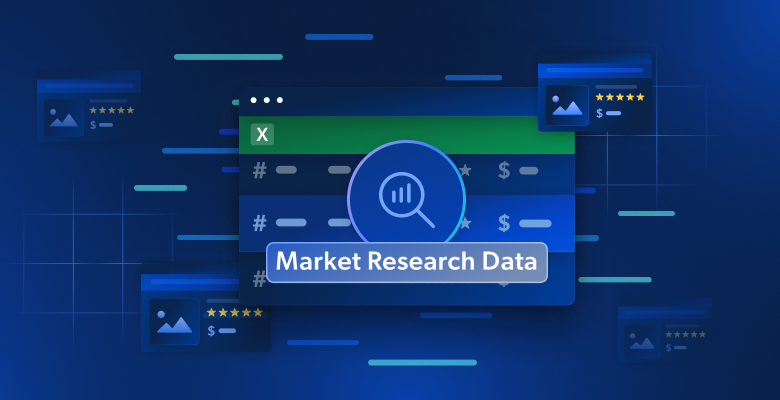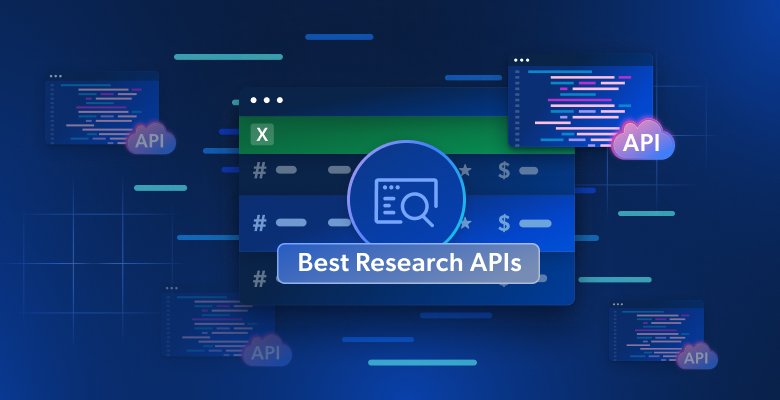In this article we will discuss real use cases from different industries, showing how they utilize proxy networks to gain a competitive advantage:
- eCommerce
- Digital service industry
- Travel
eCommerce
eCommerce is a very competitive space in which using a proxy to collect industry data can provide you with a competitive advantage. One way in which digital retailers are currently using this tool is by collecting real-time information including (but not limited to):
- Customer reviews
- Pricing
- Sales volume
- Point of Sale (PoS)
- Shipping
- Product features with high sales volume (e.g. model, color, make etc)
The companies that collect this data use it in order to get a clear picture of their target audiences, and competitors so that they can optimize their activities accordingly. For example, a company may discover that the phone they are selling is actually extremely popular in blue, and is actually out of stock due to high demand. They may also discover that customers prefer paying using ApplePay and that competitors are offering slower than expected shipping options (using reviews for qualitative feedback).
The company can use this information to pre-order large quantities of blue phones, offer overnight shipping, and prominently feature ApplePay as a primary payment option. Combining three seemingly unrelated insights about consumers can then help dramatically drive sales volume, diverting traffic away from competitors.
Digital service industry
The digital service industry covers a wide spectrum from phone, internet, and cable providers to digital personal assistants, shop managers, and CRM software (as well as any other Software as a Service (SaaS) products). Companies utilize proxy networks in order to collect:
- Pricing/plan information
- Current existing solutions
- Advertising campaign data
So, for example, an SVOD (Subscription Video on Demand) company may learn that customers convert when presented with zero-commitment monthly plans. They may also discover that target audiences typically sign up for a service on account of one show that they are particularly interested in watching. From advertising campaigns, they may discern ‘one-month free trial offers’.
Utilizing these insights a company could tailor pricing, offers, content, and marketing campaigns to target audiences. They could specifically offer potential subscribers the opportunity to start watching a much-coveted series, for free for their first month. This content-specific, zero commitment hook, could help them gain a higher market share.
Travel
The travel industry is an especially competitive space in which consumers can have very little brand loyalty, making decisions based entirely on:
- Price
- Bundle offer
- Available travel dates
- Concerns pertaining to personal comfort or style (e.g. the proximity of an airport to the city center or the interior design of a holiday rental)
Online Travel Agencies (OTAs), as well as travel aggregators, tour companies, hotel chains, and other travel service providers, collect this data in order to provide more attractive offers that convert. For example, a travel flight aggregator that detects increased volume for flight demand on competitor sites to London Heathrow airport on specific dates may choose to feature this as a special offer, and/or work with airlines to reserve larger quantities of flight seats exclusively offered on their site.
The bottom line
Whichever datasets you choose to collect, and however you choose to cross-reference them, utilizing a proxy network can provide you with an information advantage in your industry. Things that can sometimes seem trivial, such as consumer sentiment regarding a stock on social media can end up being of huge consequence, as was the case with Wall Street Bets (WSB).
Still not sure? Start with a free proxy trial or download a sample dataset now.








